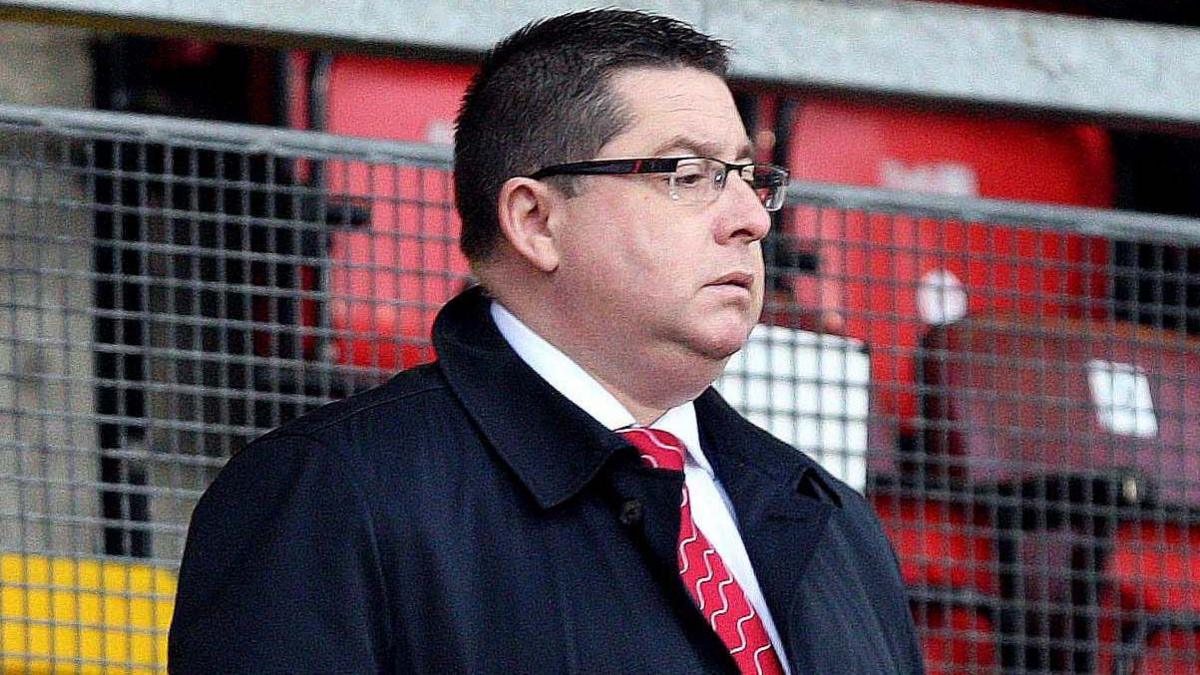NIFL clubs accept new financial 'break-even' rules

NIFL chief executive Gerard Lawlor emphasised that the new Financial Compliance Regulations will not include a salary cap
- Published
Northern Ireland Football League Premiership clubs will be required to meet 'break-even' compliance rules over a two-year cycle under new rules unanimously agreed by clubs earlier this week.
The new Financial Compliance Regulations (FCR), which been developed in a partnership between NIFL, the Irish FA and the clubs, will not include a salary cap.
Clubs that don't meet the regulations within the stipulated two-year period will be in line for points deductions.
NIFL described the agreement by the major stakeholders in Northern Ireland professional football as an "important step to safeguard the future of the game".
“This is a really positive step for our game, as following really encouraging discussions all parties in the game came together as one to implement a mature and modern approach to safeguard the future of our clubs, and continue the positive growth of the professional game," said NIFL chief executive Gerard Lawlor.
“We have a major role to protect our clubs, and as the football landscape is changing and we need a model to make sure that they are living within their means but can remain ambitious and competitive both on and off the pitch.
"This is not a salary cap, if clubs have the means, there are no restrictions.”
The Irish FA's chief operating officer Graham Fitzgerald described the creation of the new financial regulatory framework as a "welcome and important development".
"The obligations under FCR are simple and straight forward, therefore we are confident that clubs and fans alike will embrace the new rules and recognise their merit," added the IFA official.
NIFL added that the new financial regulations, which evolve from the previous Salary Cost Protocal model, have been "developed with a focus on sustainability, without restriction on investment on clubs".
They will be phased in from the beginning of the new season on 10 August with the regulations fully implemented by the end of the 2026/2027 campaign, with penalties of points deductions for clubs who fail to fulfil the aggregated two-year break-even compliance.